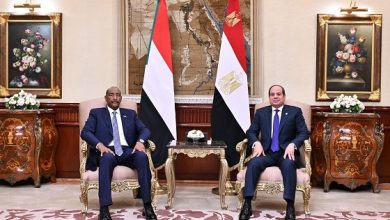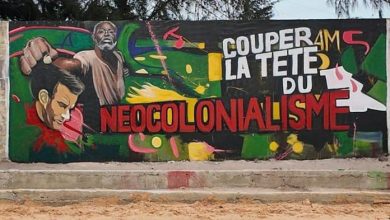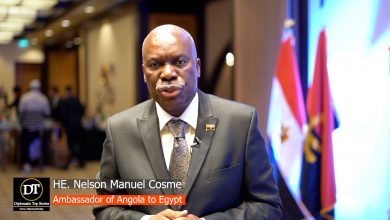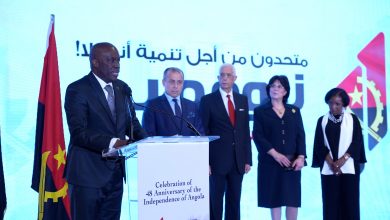Interview with Béchir Afifi, co-founder and CEO of Fabskill, Tunisia | African Development Bank Group
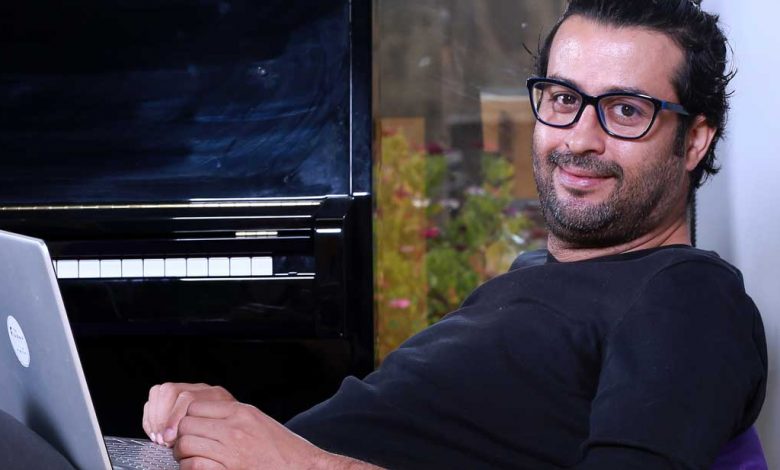
Diplomat.Today
The African Development Bank
2023-07-14 00:00:00
——————————————-
Help with starting a business, a valuable asset
Béchir Afifi is a computer engineer. Formerly an executive at a ministry in Tunisia and part-time lecturer at the university, he decided to embark on the adventure of entrepreneurship with two friends: all three founded Fabskill in December 2018, a web recruitment platform that relies on advanced technologies.
The company achieved its first million Tunisian dinars in sales in 2022, crossing the break-even point. Fabskill relies on its 25 employees and already has more than 600 clients, including banks and telecommunications companies, particularly in the information technology sector.
Fabskill has received decisive support from Souk At-tanmia, a program set up in 2012 by some twenty actors from the world of development, public and private institutions, as well as civil and academic society. It is organized by the African Development Bank, one of its major donors. Souk At-tanmia offers concrete support, in the form of funding and support, in the form of training, coaching, mentoring, market access services and networking. This program has directly supported nearly 800 entrepreneurs in North Africa (Egypt, Morocco and Tunisia).
Subsequently, in 2019, the Bank set up the Entrepreneurship Innovations and Advice – North Africa (EInA) platform. Objective: Promote sustainable job creation in North Africa through operational innovations in public policies supporting entrepreneurship. EInA spoke to Béchir Afifi about his experience as an entrepreneur.
Can you first describe Fabskill, his history, his profile?
Fabskill is a free web platform that offers an innovative recruitment process based on artificial intelligence. Fabskill strives to provide innovative solutions to job interview problems through a matching system between employers and candidates.
The platform ensures that candidates can better match their skills to the labor market. Thanks to delayed or live video interviews, it is possible to offer the same opportunities to candidates in inner areas or to people with reduced mobility, avoiding the pitfall of scheduling conflicts and travel time.
Our platform offers fair treatment to all users, as all candidates respond to interviews under similar conditions: the same questions and the same time for answers.
On the recruiter’s side, the video interview makes it possible to discover the candidate’s personality and motivation. The digitization of the recruitment process based on artificial intelligence facilitates the detection of the right profiles, thus saving the company significant costs.
You are a technology person, why did you choose this particular area related to recruitment?
We found shortcomings in this process in Tunisia. On the one hand, people who cannot get a job; on the other, recruiters who regret not being able to meet their needs.
As for applicants, they want feedback on their applications. With our platform, we offer a solution to these challenges by automating all tasks related to the value chain of this activity.
In this way, we believe we can make a concrete contribution to employment by accelerating and even professionalizing the process of filling vacancies on the labor market. Searching for a job should no longer be a chore, neither for employers nor for candidates.
What motivated you to make this big leap, from civil servant and teacher, with a permanent job for 10 years, to that of entrepreneur?
Very good question! I had a good status, but I wondered if I wanted to keep doing this for the rest of my life. I am a man of technology, data manipulation, statistics, math, and I wanted to use these skills more.
Yes, I was afraid to get started, having family responsibilities and different responsibilities. I first started as a freelancer and that worked well. It gave me confidence to do business, to build something. We also started with three, so we encouraged each other.
How have you been helped by external agencies such as the African Development Bank’s Souk At-tanmia program?
Souk At-tanmia was the key program that enabled us to take the decisive step towards entrepreneurship. He was our catalyst, with a decisive role, financially, in terms of coaching and support. Souk At-tanmia was a competitive process, with submission of proposals and selective evaluation. We walked through the process. All in all, it acted as a financial lever, making it possible to mobilize other funds from other players in the financial sector. This support assured us of the value of our project and was a fundamental first step in our approach. Souk At-tanmia has set the train in motion. This kind of support is essential in the entrepreneurial ecosystem.
How would you gain your entrepreneurial experience in Tunisia?
There is a lot of good will. But there is also a ceiling, which we run into: restrictive regulatory measures, restrictive financial requirements, non-convertibility of the currency. On the other hand, doing business here is not expensive, there is a lot of talent, a will to succeed.
What are your development plans for the coming years?
Today we are in an expansion phase. We want to take root in Morocco, which offers an environment similar to that of Tunisia. Operating in another country should indeed make it easier for us to access finance.
We have set our sights on a presence in East Africa, as it is a region with a high population density and regional mobility that facilitates remote working.
What do you think are the most important qualities of an entrepreneur?
I am involved as a coach in some support programs for entrepreneurs in Tunisia, so I was able to contribute ideas about this aspect. In my opinion, the most important qualities are resilience, adaptability, designing a product or service that meets a concrete market need and quality of execution.
In our case, we were tested for our resilience and adaptability shortly after launch. Because we were dealing with two years of the Covid-19 pandemic: gold, employment and the pandemic don’t mix! But, paradoxically, with the virus, so with people suddenly falling ill, employers had urgent recruitment needs and called on us.
We also took the opportunity to set up Job market [salons de l’emploi], 100% virtual. They had great success. We organized 80 in two years! We even set an African record: 110,000 participants in one day. About 30 servers have been deployed for this.
And as another piece of advice I’d like to give: you need to carefully identify the need that the product or service will meet. You can come up with great things that are not useful, that no one will buy.
Finally, the other key to success is execution. I often say that the technologies are all already thought out: the big difference is that some take action, implement it, but the majority don’t. And even for those executing their project, some do it better than others. It is certainly necessary to design your product or service well, but also to understand that your offering will improve with iteration, with daily improvements during marketing.
What is the most rewarding part of the entrepreneurial experience?
For me it is self realization. Fulfillment. Entrepreneurship is a journey, where the journey is more important than the destination. It’s an intense course, full of challenges, which is worth it!
Fab skill
https://fabskill.com/fr
https://www.linkedin.com/company/fabskill/
PlatformEInA
www.eina4jobs.org
——————————————-
